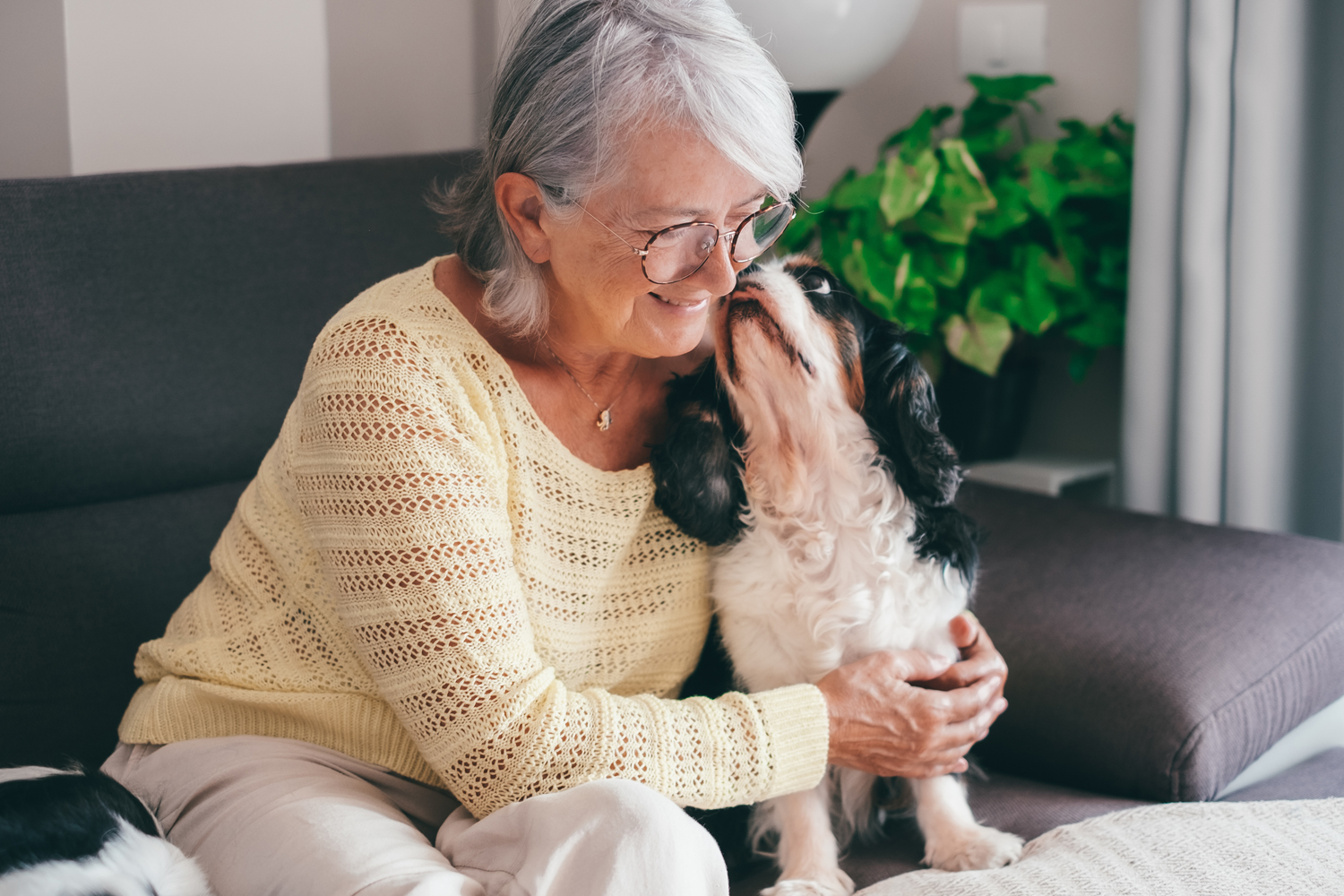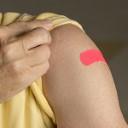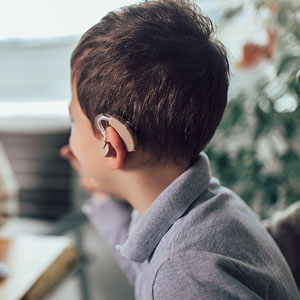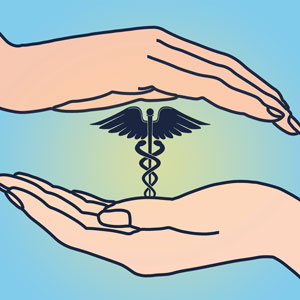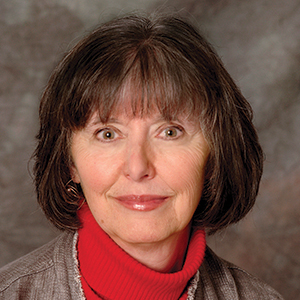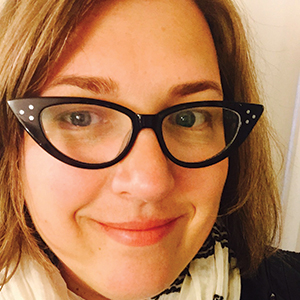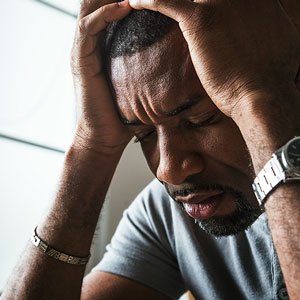-
Cancer Patients Should Receive Flu Shots
People with cancer are at increased risk of serious complications if they get the flu. Flu shots are safe for this group, and a recent study bolsters evidence of their effectiveness.
by Carly Weeks
-
September 27: The Week in Cancer News
A study examines how poor and minority patients are more likely to be diagnosed with cancer in the emergency room, and a cancer survivor considers the lasting effects of chemotherapy.
by Bradley Jones
-
From the Editor-in-Chief
Value-Based Cancer Care: Paying for PerformanceThe Centers for Medicare & Medicaid Services implements incentive programs to reward quality care.
by William G. Nelson, MD, PhD
-
Forward Look
Treatment for Kids’ Brain Tumors Can Cause Hearing ProblemsSevere hearing loss may result in reading and learning difficulties.
by Esther Landhuis
-
Integrative Oncology
Some patients are benefiting from using nontraditional therapies alongside conventional treatments like surgery, chemotherapy and radiation.
by Stephen Ornes
-
Your Cancer Guide
Get Help at WorkCome up with a plan to keep work projects moving forward during treatment.
by Hester Hill Schnipper
-
Caregiving With Confidence
Take a TimeoutA break from routine can help you be a better caregiver.
by Aimee Swartz
-
Healthy Habits
Nutritional ValueNutrients supplied by food may have advantages over nutritional supplements.
by Cameron Walker
-
Healthy Habits
Stressed OutAddressing chronic stress may reduce cancer risk and improve outcomes.
by Jane C. Hu
Cancer Talk
Living With Your Loved One’s Prostate Cancer
Christine Ledbetter on the ways her husband’s prostate cancer affected their relationship and finding support as a caregiver.
by Christine Ledbetter
Continuing the ConversationThe AACR hosts a roundtable to ‘get real’ about cancer health disparities.
by Marci A. Landsmann
More Patients Participating in Cancer ResearchA higher proportion of cancer patients are enrolling in research studies than previously thought, but many patients lack the access needed to participate.
by Kyle Bagenstose
Immunotherapy Drug Tarlatamab Approved for Advanced Small Cell Lung CancerThe drug showed promise in treating small cell lung cancer that had progressed during or after chemotherapy.
by Laura Gesualdi-Gilmore

